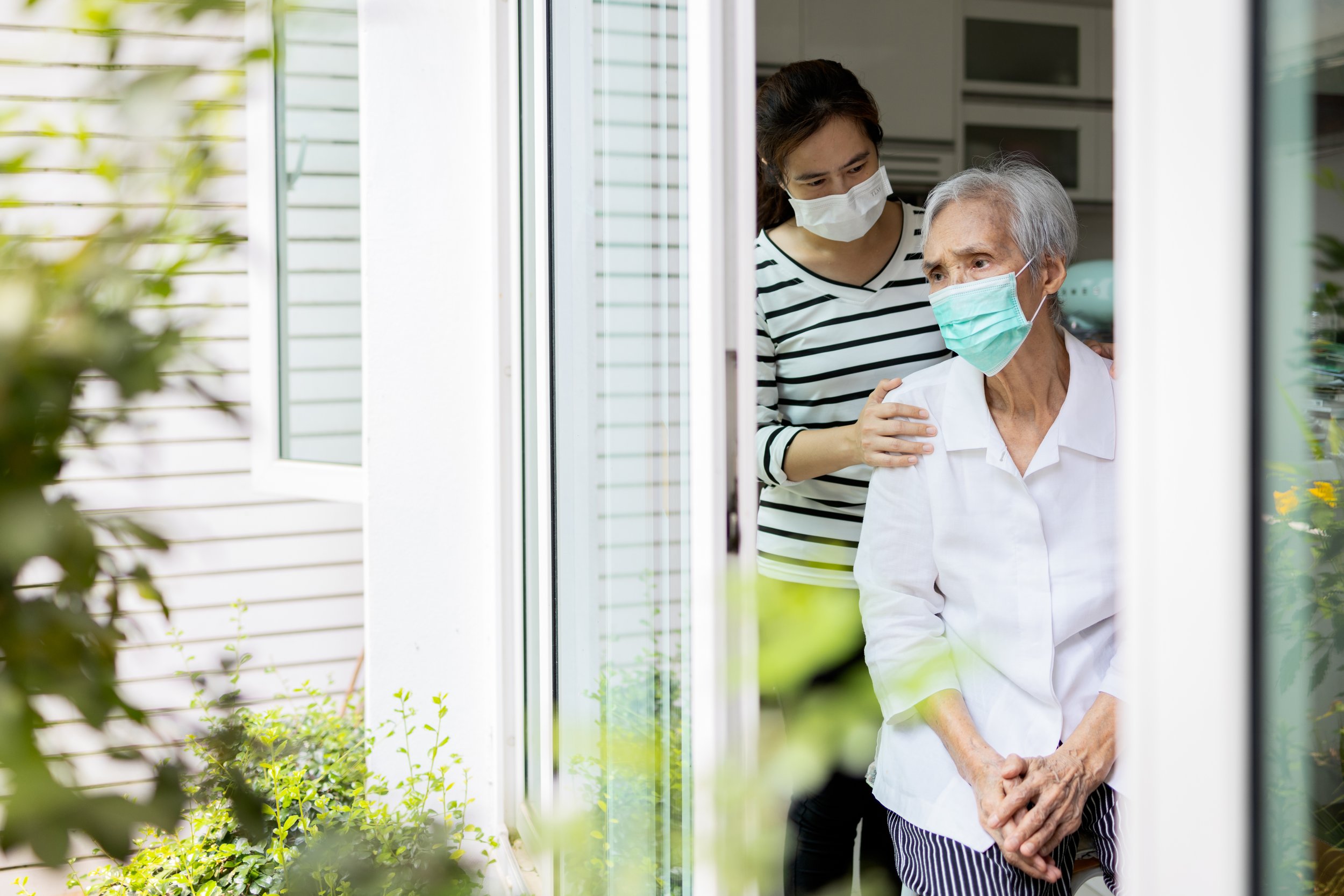Understanding the connection between Covid-19 and delirium
Delirium can be a sign of infection and/or some other form of ill-health in the frail elderly. Unfortunately these days we have yet another potential cause of delirium, COVID-19. COVID-19 is a respiratory illness caused by a Coronavirus which has not been previously identified in humans, it can range for mild to severe illness and can cause death.
Kings College in London analysed data collated from the COVID Symptom Study app which was completed either by or on behalf of patients attending St Thomas’ Hospital. This data showed delirium to be a key symptom of COVID-19 in frail older people, even in the absence of other typical symptoms.
Other common symptoms of COVID-19 to be aware of when assessing include:
Cough
Fever
Headache
Loss of taste or smell
Shaking with chills
Sore throat
Shortness of breath
Muscle pain
Several of these symptoms may not be easily communicated by individuals with dementia and this should be kept in mind while assessing, which may be one of the reasons that delirium is a considered a key symptom to watch for.
Delirium will present significant additional challenges in the COVID-19 crisis as some of the non-pharmacological interventions to treat and prevent delirium may not be possible due to isolation rules and restricted family visits. The increased PPE required may also exacerbate delirium and could lead to distressed behaviour.
The British Geriatric Society has made some recommendations which you may find helpful. Essentially, these recommendations advise to continue to follow the SIGN and NICE guidelines with the additional advice to avoid or reduce precipitants of delirium as well as enhancing the implementation of delirium screening in high risk groups.
Delirium in people with dementia is often difficult to diagnose, and because of this the DSDC has developed a free, downloadable toolkit. Using it will assist practitioners to collate relevant information, easing the assessment of the individual and assisting with communication between health professionals. It provides a screening tool for delirium (CAM) where results can be recorded and passed to other professionals if required. The tool also prompts needed observations and helps the user identify potential contributing factors. The checklist guides care staff to identify that any measures that can be put in place immediately to try and alleviate delirium, as well as ruling out other possible causes for the condition change.
DSDC’s delirium on dementia toolkit.





